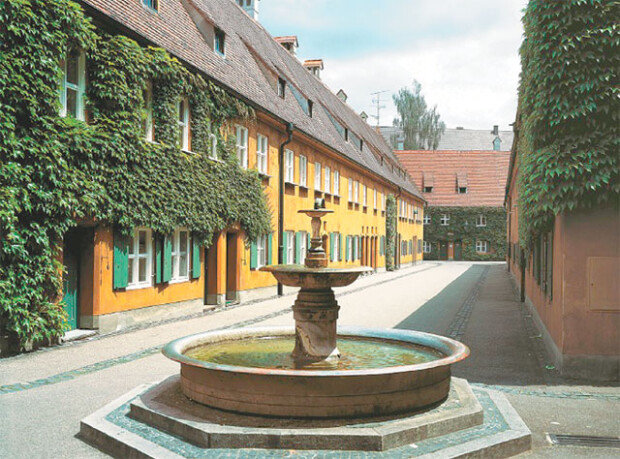Emergence of ultra powerful capitalist in Medieval Europe
Emergence of ultra powerful capitalist in Medieval Europe
Posted December. 29, 2018 07:31,
Updated December. 29, 2018 07:31

The rise of the Hapsburg family, revocation of the Catholic Church’s ban on money-lending business, sale of indulgences and the Reformation, and spread of the double-entry bookkeeping system. It is amazing to know one person commonly emerges in all of these major historical incidents that completely shifted the trend of the Medieval Europe in the 15th and 16th centuries? The person is Jacob Fugger (1459-1525), the proponent in this book.
Fugger is historically considered the best ever entrepreneur in Germany, but has not been widely known even in the U.S., the hub of modern capitalism, not to mention in Korea. The book was written in 2015 by the author, who served as a correspondent for the Wall Street Journal’s Europe Bureau, to introduce Fugger in English-speaking countries in earnest.
When Fugger died in 1525, his wealth was nearly 2 percent of Europe’s GDP. However, he was not born to a rich family. Born as the seventh and youngest child of a commoner family in the Augsburg region in Germany, Fugger inherited a small textile retail store. He developed a completely new profitability model: It was bond-type lending that was similar to investment in nature.
A silver mine in Schwarz, Austria was the biggest in scale in Europe at the time. Archduke Sigismund, who was infamous for lavish lifestyle, was ruling the region, and Fugger lent a huge sum of money to Sigismund, and in return the two agreed that Fugger would get all profit from the Schwarz mine. In the same way, Fugger continued to monopolize copper mining rights in Hungary where Ottoman Turks frequently would invade at the time. Copper was the main material for cannons and rifles, which were primary weapons for war at that time, and hence Fugger was able to build up massive amounts of wealth.
Fugger, who had grown to become a billionaire, came to engage in historical negotiations with the Catholic Church. He decided to change the Catholic Church’s stance that would construe loan sharks as a sin until then. To this end, he developed theoretic background through young theologians he had been supporting since long time before, and did not hesitate to lobby the top leadership of the Church, including the Pope and bishops. After all, Pope Leo X signed an order that recognized the justification of interest for the first time. Finance was thus freed from restrictions under religion, which in turn laid the foundation for a contemporary banking system.
Fugger also exerted immense influence on European politics at the time. In 1523, he wrote Emperor Karl V of Holy Roman Empire a reminder, saying, “Were it not for me, your highness the Pope might not have been crowned. Please order your staff to repay your loans including interest immediately.” The Pope was selected through a vote at the time, and Karl V had borrowed a massive amount of loans from Fugger to run his election campaign.
The book sheds light on Europe in the 15th and 16th centuries when capital started to overwhelm the influence of politics and religion for the first time through the eyes of capitalist Fugger. The book gives readers exciting experience to make him or her feel as if watching a movie thanks to the author’s captivating writing style coupled with an analysis of abundant historical materials.
Won-Mo Yu onemore@donga.com







